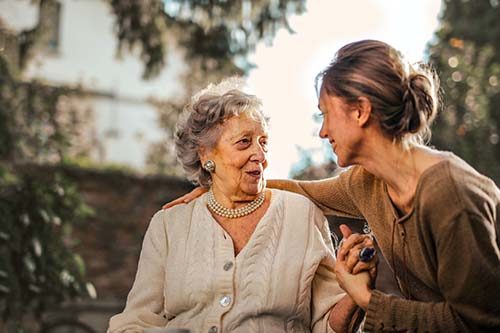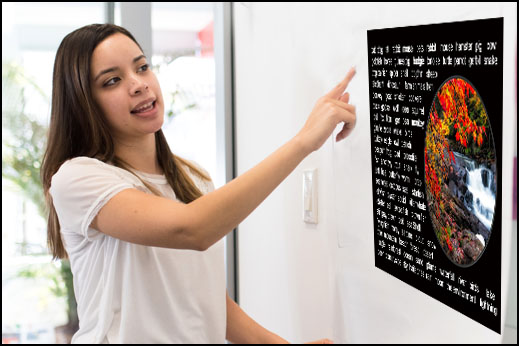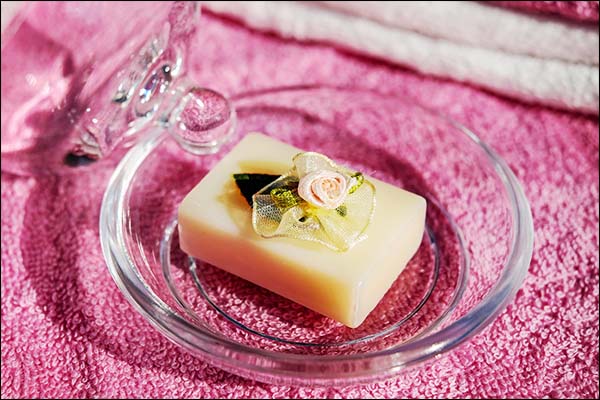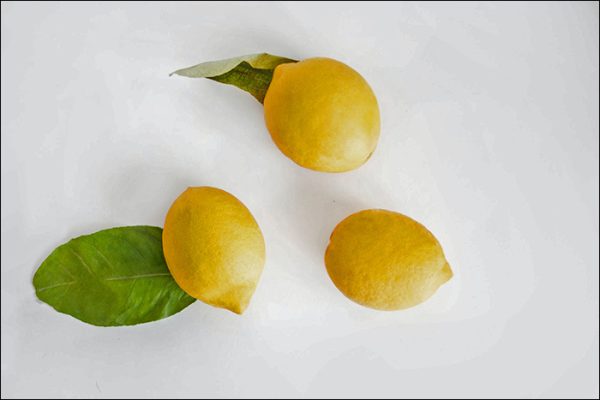11. Let’s look at TH
This is an important sound to practice and get right. It basically means gentle put your tongue between your teeth, but don’t bite. Now we have a choice making a voiced or unvoiced sound. You will need to practice both unvoiced and voiced.
Note: sometimes assimilation of two words will dramatically reduce the sound of the th.
For example: You should not play with that street dog as it could bite.

Unvoiced th = We don’t make a sound with our vocal cords. Breath the air through and out of your mouth with no sound. You should feel the air moving between the top teeth and the tongue. The air should not be coming from the sides. If it does you are using too much pressure and are not relaxed enough. Just loosen up and try again.
Through = /θruː/
Anything = /ˈen.i.θɪŋ/
Tooth = /tuːθ/
Breath = /breθ/
Think = /θɪŋk/
Earth = /ɜːθ/
Birthday = /ˈbɜːθ.deɪ/
Health = /helθ/
Thing Month Thorough
Voiced th = breath the air through and make a noise. It is the same as the unvoiced except you add vibration. In English all the vowel phonemes are voiced.
The = /ðiː/
This = /ðɪs/
That = /ðæt/
These = /ðiːz/
Those = /ðəʊz/
Though = /ðəʊ/
Clothes = /kləʊðz/
This leather Brother
12. Let’s look at T
Always fully pronounce the letter “t” in RP English and make the same sound for “t” regardless of where it appears in a word. This is a beneficial to sounding more British.
Whatever = /wɒtˈev.ər/
Water = /ˈwɔː.tər/
Tour = /tʊər/ /tɔːr/
City = /ˈsɪt.i/
Now let’s practice but it.
13. Let’s look at R.
Pronounce the R if it comes before a vowel. Rabbit.
The R is silent when a vowel is before it. Pair Tear or a consonant is after it. First. Thirst.
Run = /rʌn/
Carrot = /ˈkær.ət/
Wrench = /rentʃ/
Teary = /ˈtɪə.ri/
Terror = /ˈter.ə/
The first thing to note is to leave off the R sound at the end of words.
Remember Teacher is replaced by the schwa sound.
Put your tongue up to the roof. Leave off the “r” at the ends of words.
14. The rain in Spain stays mainly in the plain.
/ðə reɪn ɪn speɪn steɪz ˈmeɪnli ɪn ðə pleɪn/
Practice “ain” /eɪn/

15. Diphthongs. = they join two vowels sounds together into one syllable. You will need to change your mouth position two times as they are made up of two different vowel sounds. They are common in RP English and many of the diphthongs replace the letter R. The stress is always on the first vowel in a diphthong.
16. The /eɪ/ sound.
Day = /deɪ/
May = /meɪ/
Take = /teɪk/
Eight = /eɪt/
Say = /seɪ/
Wait = /weɪt/
They = /ðeɪ/
Way = /weɪ/
Bay = /beɪ/
Pay = /peɪ/
Break = /breɪk/
Face = /feɪs/
Play = /pleɪ/
In May i will take a break and spend a day swimming in a local bay.
I only wait eight minutes for the next bus to arrive.
They say money doesn’t grow on trees.
My close friend has a chubby face. He plays tennis extremely well.
A great day to greet my new neighbours.
I plan to meet my brother’s best mate.
Note the difference.
Greet = /ɡriːt/
Meet = /miːt/
17. The /ɪə/ sound. It is the same sound as the word “ear”.
Hear = /hɪə/
Here = /hɪə/
Clearly = /ˈklɪə.li/
Weird = /wɪəd/
Steer = /stɪə/
Pier = /pɪə/
Peer = /pɪə/
Tier = /tɪə/ (one of several levels)
I am near to completing my final exams.
I suggest you steer clear of negative people at work.
Let’s peer into the weird world of Howard Hughes.
18. The /əʊ/ sound.
Note = /nəʊt/
Know = /nəʊ/
Though = /ðəʊ/
Throw = /θrəʊ/
Soap = /səʊp/
Boat = /bəʊt/
Vote = /vəʊt/
Show = /ʃəʊ/
Float = /fləʊt/
We ask for a show of hands. Who will vote for a new director.
The boat is floating in the harbour.
I caught a cold because i wasn’t wearing a coat.
The mist flowed in the direction of the mountain floor. /flɔːr/
19. The /eə/ sound. Sounds like “air”. This is an important sound to help with your RP English. Remember in RP we don’t pronounce the r here.
Wear = /weə/
Where = /weə/
Share = /ʃeə/
Fair = /feə/
Square = /skweə/
Care = /keə/
Stair = /steə/
Stare = /steə/
What shall we wear to the theatre tonight? We can park our car in the square.
I want my fair share of the cake.
I walk down the steep stairs and my cat stares at me in a strange way.
20. The /ɜː/ sound. Spoken from deep down with a slightly dropped jaw. There are many words that start with “wor”. You will also notice the presence of an “r” which is silent.
World = /wɜːld/
Word = /wɜːd/
Work = /wɜːk/
Worm = /wɜːm/
Turn = /tɜːn/
Her = /hɜː/
Hurt = /hɜːt/
Nurse = /nɜːs/
Third = /θɜːd/
Bird = /bɜːd/
Girl = /ɡɜːl/
Search = /sɜːtʃ/
The bird fell out of the tree and was hurt.
The girl said she wanted to be a nurse.
The third of November is a national holiday.
It is my turn to tour the world.
21. Connected Speech. Linking words help us create smoother sounds in speech. Here are some connecting situations.
1. Assimilation = Read here
2. Catenation = a series of things linked together. a consonant sound at the end of one word joins with a vowel sound at the beginning of the next word. An apartment. Anapartment. The two words appear to be glued together. An apple= A napple. I went on a trip. = I wentona trip.
3. Elision = the omission of words or specific sounds or syllables in speech. The loss of a phoneme sound. It is common in fast informal speech. See disappearing syllables.
My next door neighbour rings the doorbell. (t is silent).
Last summer i went hiking. Last summer.

4. Intrusion = when two words are spoken together, that end and start in a vowel, an extra sound sometimes “intrudes“ between them in order to make them easier to pronounce. They are not strong, just a smooth way to connect the two words. More common intrusion sounds are /j/ /w/ /r/.
We /j/ all love ice cream. wejall
I have to /w/ open the window. towopen
The media /r/ are telling us a happy story for once. mediarare
There must be law /r/ and order to thrive. “lawrandorder”.
Teacher and student. Mother and father. Silent r and a vowel. In this case we must pronounce the /r/.
My car /r/ is fast. A wet kitchen floor /r/ is dangerous and slippery.
It’s four. It’s four o‘clock. It’s far away.
Here is your coat. hɪər ɪs jə kəʊt
Romania and Hungry.






